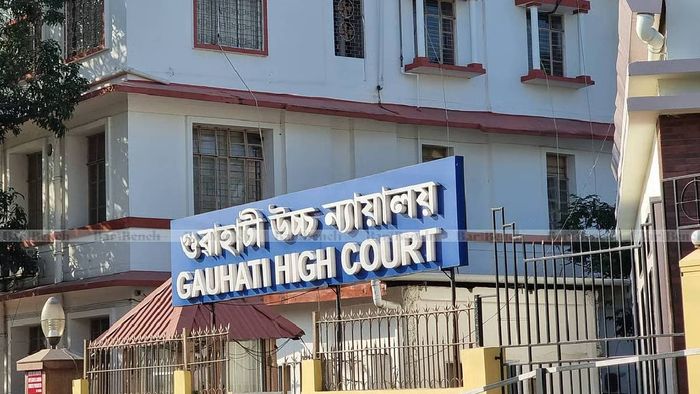Gauhati High Court issues strict guidelines to Assam government for fair eviction of encroachments
The Gauhati High Court has issued a set of crucial directives to the Assam government regarding eviction operations on government land, forest areas, and water bodies across the state. Emphasizing equality and legal compliance, the court ordered that eviction drives must be conducted without any discrimination based on caste, religion, or language.

- Oct 06, 2025,
- Updated Oct 06, 2025, 9:24 PM IST
The Gauhati High Court has issued a set of crucial directives to the Assam government regarding eviction operations on government land, forest areas, and water bodies across the state. Emphasizing equality and legal compliance, the court ordered that eviction drives must be conducted without any discrimination based on caste, religion, or language.
According to the High Court’s order, authorities must serve prior notice at least 15 days before initiating any eviction, ensuring that affected families are duly informed in advance. The court further mandated that all such operations must strictly adhere to established judicial procedures and government regulations.
Reiterating the state’s legal authority, the High Court stated that the government has the right to remove illegal encroachments from public land, forest areas, and water bodies — but added that the process must remain transparent, fair, and within the bounds of law.
In recent months, eviction drives in several districts, including Golaghat, Bongaigaon, and Uriamghat, have stirred public debate and controversy. While these operations were aimed at clearing government land from illegal occupation, many local reports alleged that indigenous Assamese families were also affected, leading to widespread criticism.
Earlier, Chief Minister Himanta Biswa Sarma had assured that indigenous people would not be evicted from their land. However, the ongoing eviction campaigns triggered protests after reports surfaced of native families being displaced.
In response, the Sadou Asom Goria Jatiya Parishad (SAGJP) approached the Gauhati High Court, appealing for protection of indigenous Assamese Muslims who have lived in Assam for generations. Following this, the Chief Minister reaffirmed that native residents would remain exempt from eviction drives, asserting that the government’s actions are directed solely against illegal settlers while safeguarding the rights of genuine Assamese citizens.